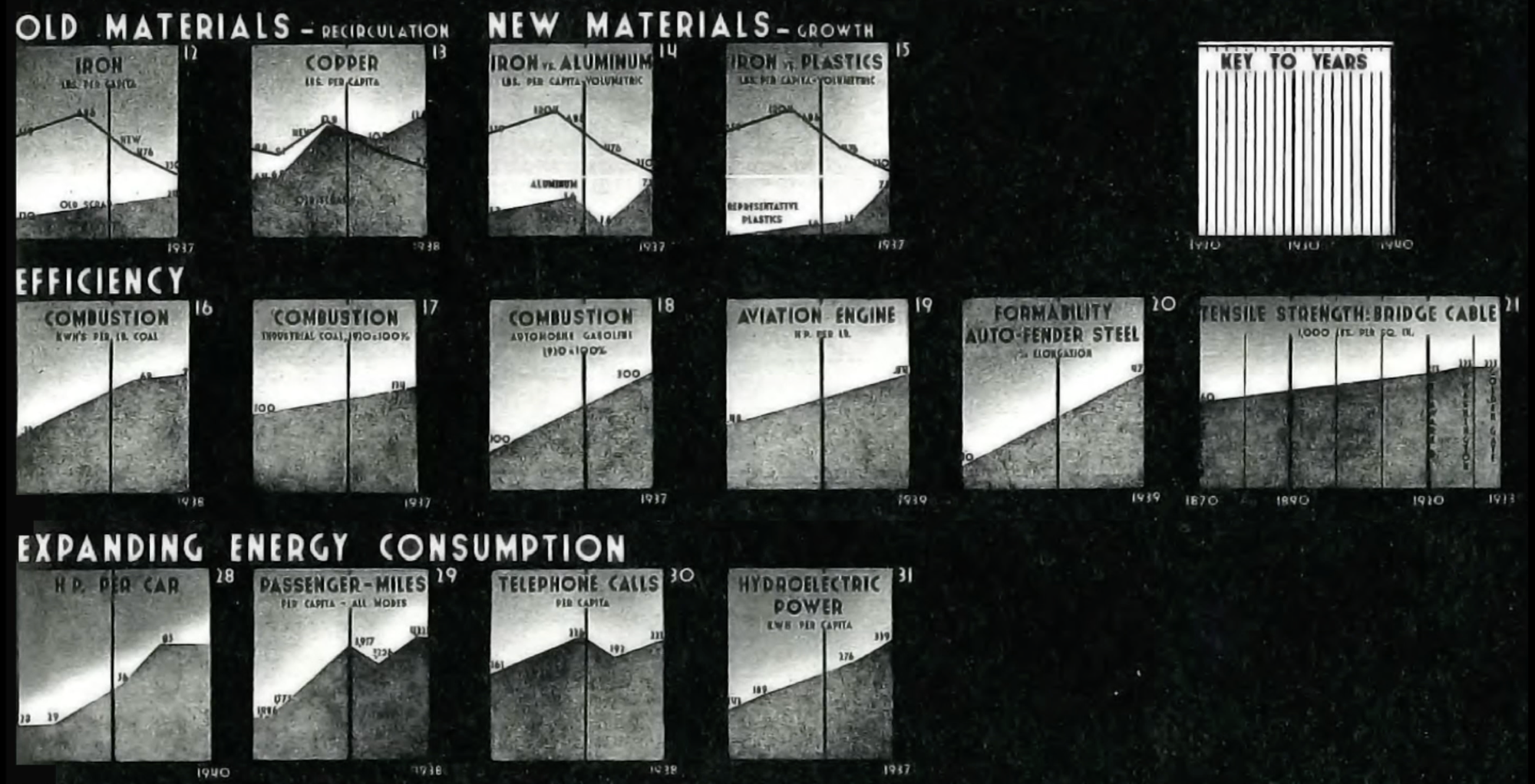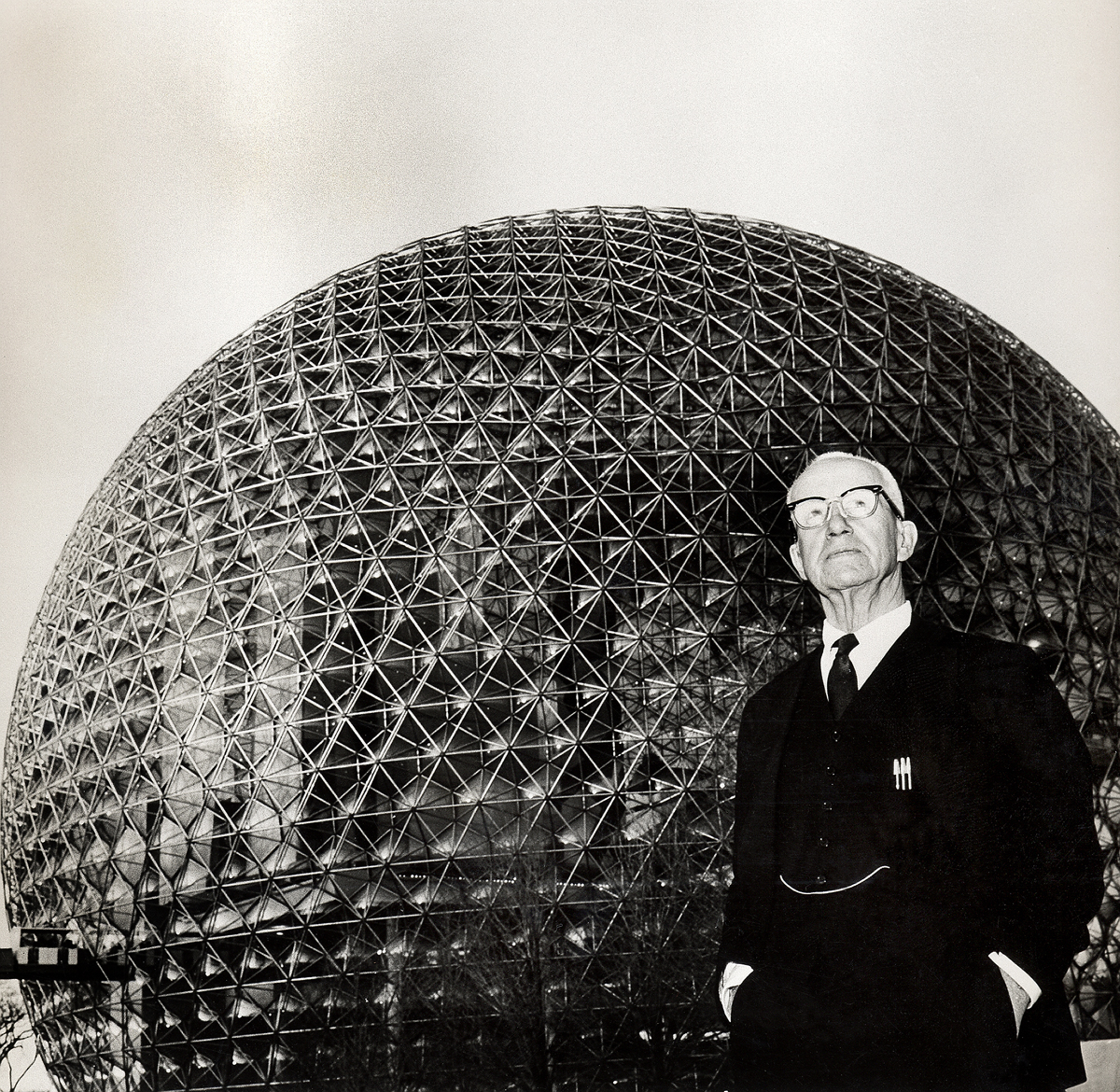An Invisible Revolution
Buckminster Fuller's vision for a regenerative civilization

CARBONDALE, Ill. — In 1969, designer, scientist, developer, writer and Southern Illinois University Carbondale professor Buckminster Fuller published his manifesto for a design revolution. Now, fifty years later, Fuller’s work will be recognized as part of the Charles D. Tenney Lecture series at SIU.
The three-day event is set for Feb. 5-7, and features unique presentations, interactive workshops and tours of the famed Buckminster Fuller Dome Home.
Buckminster Fuller Institute chairman to give keynote presentation
As the 2019 Charles D. Tenney lecturer, David McConville, chairman of the Buckminster Fuller Institute, will open the event on Feb. 5 with a presentation focused on the fiftieth anniversary of the publication of Fuller’s book, “Operating Manual for Spaceship Earth.”
When Fuller first released this revolutionary book several generations ago, it greatly influenced societies thinking about the purpose and potential of humanity. Now, McConville is looking back at Fuller’s original vision and building an understanding of why that vision emerged in Carbondale, and how it could continue to change education in the future.
Fifty years ago, the evolutionary manifesto Operating Manual for Spaceship Earth laid out Buckminster Fuller’s vision for an invisible revolution.
In it, he argued that status quo conceptions of “wealth,” combined with ever-increasing over-specialization, would lead to extinction. True wealth, he claimed, derives from humanity’s "organized capability to cope effectively with the environment in sustaining our healthy regeneration and decreasing both the physical and metaphysical restrictions of the forward days of our lives.”
In other words, true wealth is rooted in our capacity to regenerate know-how, well-being, and conditions conducive to life. There were caveats, however. Truly regenerative wealth, Fuller insisted, would need to include everyone. The transformation had to happen fast. And achieving this scale of transformation would require a revolution: Not a bloody revolution, but an invisible revolution of design and invention.
In the years after his death, BFI has worked to support this invisible revolution in its contemporary manifestation. The world has shifted, but many of Fuller’s principles and provocations are more alive than ever.
Fuller intuited that humanity’s continued existence depended on our ability to discern regenerative design principles in order to support the integrity of life’s cycles. He hoped the invisible revolution would catalyze unprecedented levels of cooperation. And I recently had the honor to speak about the invisible revolution at Southern Illinois University Carbondale, where the Operating Manual was originally published.

This lecture was later followed by a conversation on August 27th, 2020 between myself and Glenn English for the Black Mountain College Museum + Arts Center.
Twenty years after teaching at Black Mountain College, Buckminster Fuller published his provocative Operating Manual for Spaceship Earth. A manifesto for a design revolution, it radically influenced a generation’s thinking about the purpose and potential of humanity. Fifty years later, however, Fuller’s vision of a regenerative civilization seems like a distant memory that is more relevant than ever. An Invisible Revolution illuminates this original vision, its relationship to his time at BMC, and its contemporary significance for 21st century understanding of humanity’s relation to its home planet.



